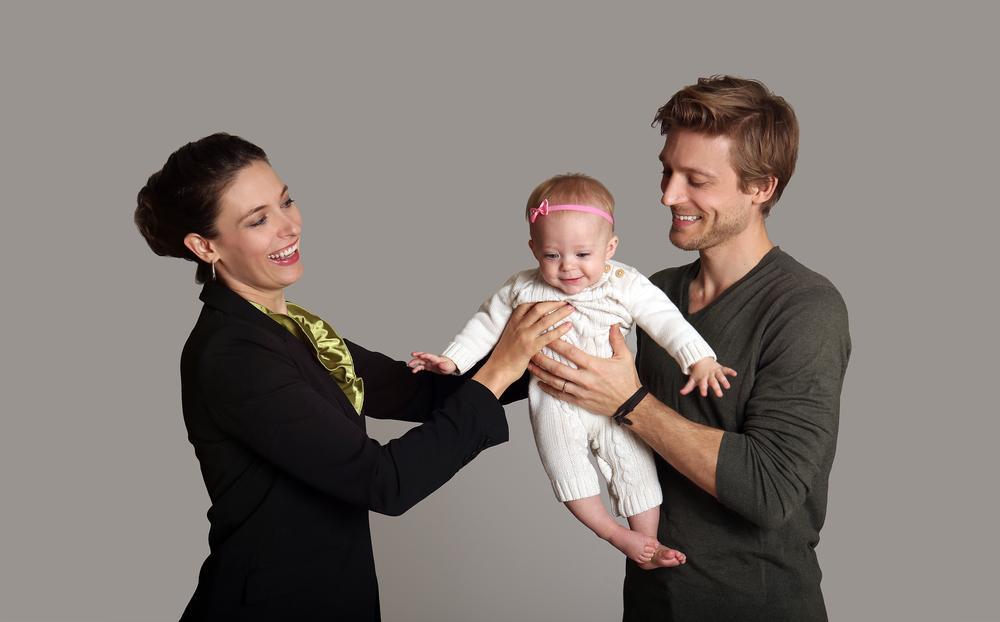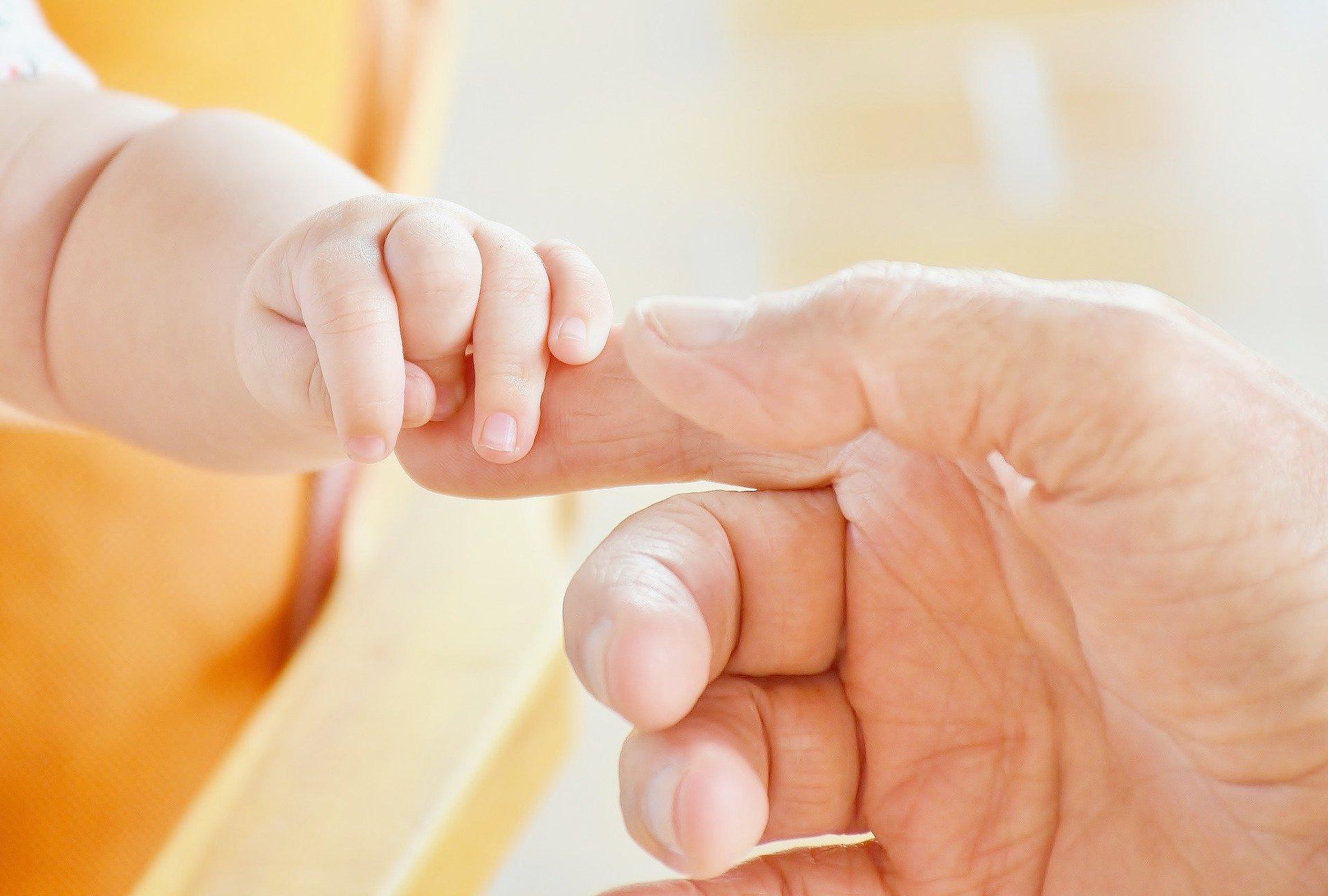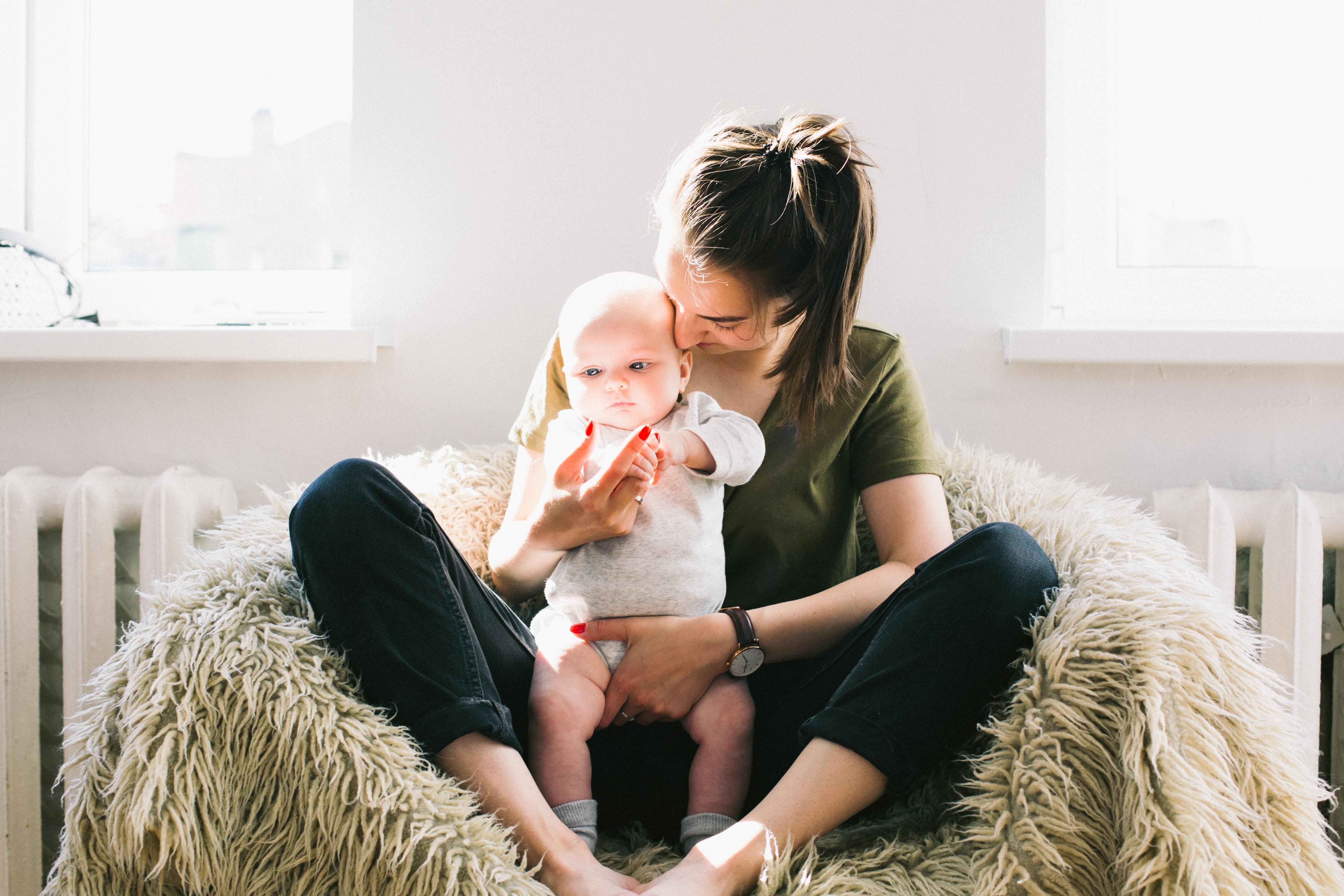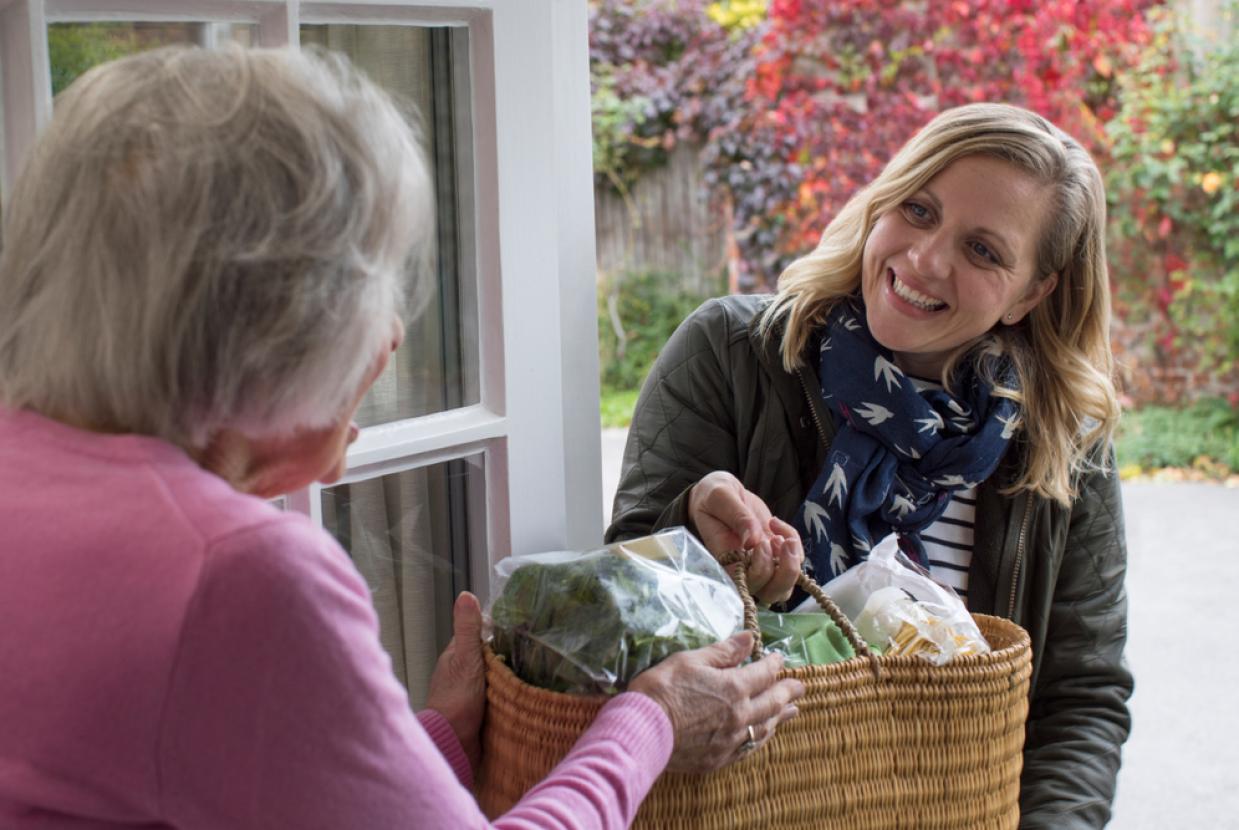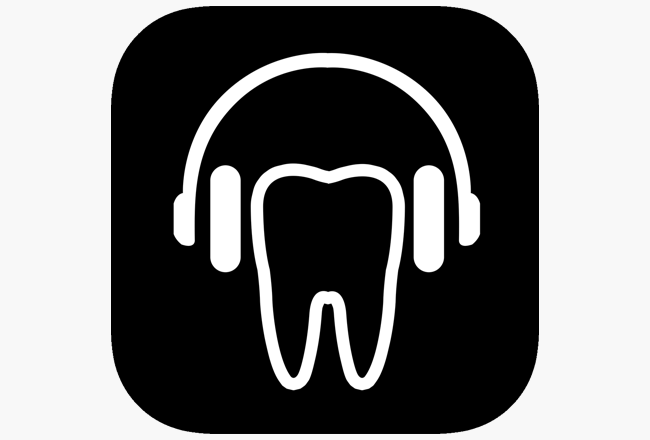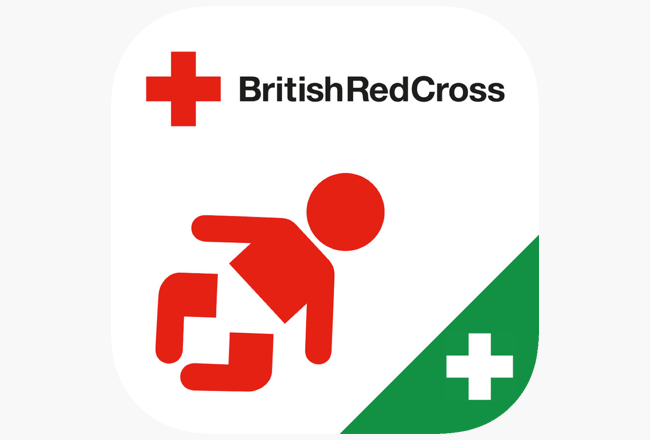Worried About Your Teenager?
It can be difficult for parents to tell whether their teenagers are just "being teens" or whether there is something more serious going on. Many of the symptoms listed below can often be attributed to normal teenage behaviour. However, if you're worried, it can be helpful to know the signs of a possible problem.
You may then choose to discuss your concerns with your teen, or get advice from your GP.
Depression in teenagers
Noticeable symptoms of depression in teenagers can include:
- continuous low mood or sadness as well as frequent tearfulness
- voicing/showing feelings of hopelessness and helplessness
- being irritable and intolerant of others
- little or no enjoyment of things that were once interesting to them
- increasing social isolation
- disturbed sleep patterns (for example, problems going to sleep and/or waking throughout the night)
Teenage eating disorders
The most common eating disorders include anorexia, bulimia and binge eating. Signs of eating disorders can include:
- complaining about being fat, even though they are a normal weight or are underweight
- letting people around them think they have eaten when they haven't
- being secretive about their eating habits
- becoming anxious, upset or guilty when asked to eat
- vomiting, or using laxatives in order to lose weight
Teenagers who self-harm
If you suspect that your teenager is self-harming, look out for any of the following signs:
- unexplained cuts, bruises or cigarette burns, usually on their wrists, arms, thighs and chest
- keeping themselves fully covered at all times, even in hot weather
- signs of depression, such as low mood, tearfulness, a lack of interest in everything
- signs of low self-esteem, such as blaming themselves for any problems or thinking they are not good enough
- signs they have been pulling out their hair
Teenagers who take drugs
Signs that your teenager is taking drugs can include:
- losing interest in hobbies, sports or other favourite activities
- dramatic changes in behaviour
- excessive tiredness and lack of appetite
- dilated pupils, red eyes, bad skin
- stealing money from you
How can I help my teenager?
If you’re worried about your teenager and they refuse to talk to you, you may need to open up other channels of communication. Avoid persistent direct questioning as this can make them feel threatened. Try these tips to encourage your teenager to open up if there is a problem:
- be honest and explain that you’re worried that they’re going through something difficult
- point them towards websites or helplines that can give them information on depression, drugs and self-harm so they can find out the facts themselves
- don’t blame yourself for any problems they are having – this won’t help the situation
- tell them you’ll "be there" for them when they do want to talk
- let them choose where to go for help, which may be your GP, a family friend or school counsellor.





